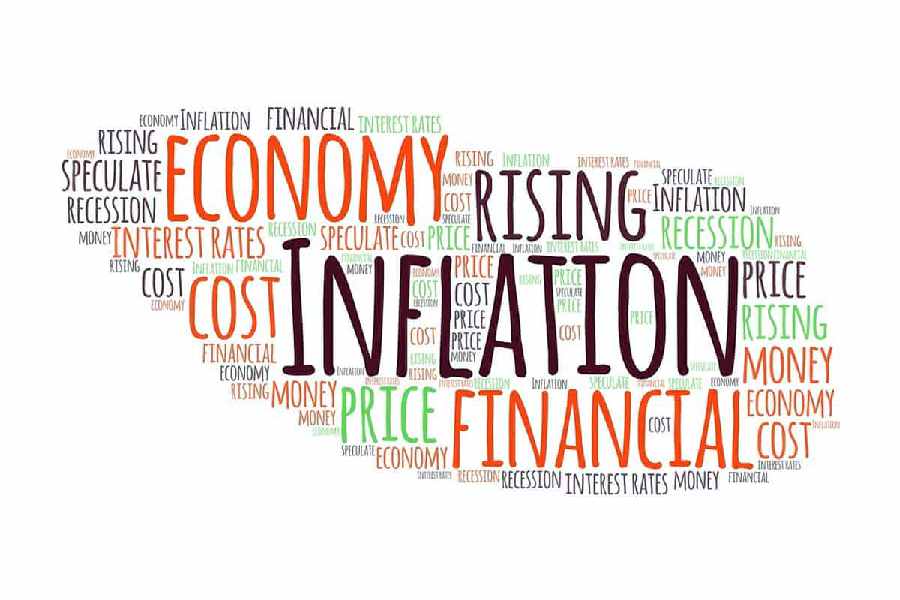Retail inflation surged to a four-month high of 5.08 per cent in June against 4.75 per cent in May, driven by a sharp rise in food prices, according to government data.
A poll of economists by Reuters had forecast inflation — based on the consumer price index — at 4.80 per cent.
Food inflation skyrocketed to 9.36 per cent in June, the eighth consecutive month it remained above 8 per cent. Vegetables and pulses remained the primary culprits, with prices rising 29.3 per cent and 16.07 per cent, respectively.
Despite the surge in food prices, core inflation — which excludes the food and fuel components — edged marginally up to 3.35 per cent in June from 3.28 per cent in May.
Economists predict food inflation risks to remain high. However, Upasna Bhardwaj, chief economist at Kotak Mahindra Bank, expects improved sowing patterns and better rainfall distribution to eventually ease price pressure later this year.
The RBI is unlikely to loosen monetary policy soon, given robust economic growth and the near-term inflation threat, Bhardwaj said.
Sujan Hajra, chief economist at Anand Rathi Shares and Stock Brokers, said the RBI’s policy stance remains clouded due to heightened food price volatility.
The current inflation level remains within the RBI’s tolerance range of 4 per cent with a 2 per cent margin on either side.
IIP surge
India’s industrial production grew to a seven-month high of 5.9 per cent in May, due to good showing by the power and mining sectors, according to official data.
The factory output growth, measured in terms of the Index of Industrial Production (IIP), was 5 per cent in April.
Mining output growth accelerated to 6.6 per cent in May against 6.4 per cent a year ago.
The manufacturing sector’s growth decelerated to 4.6 per cent compared with 6.3 per cent a year ago.
Power generation increased 13.7 per cent against a flat growth of 0.9 per cent. Growth in capital goods fell to 2.5 per cent from 8.1 per cent.










